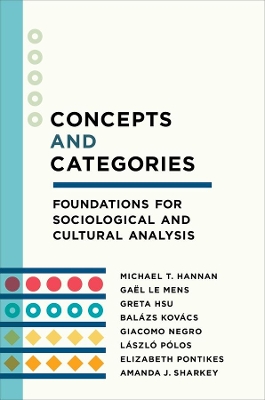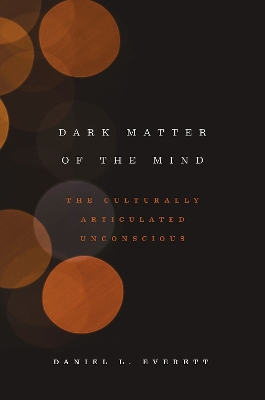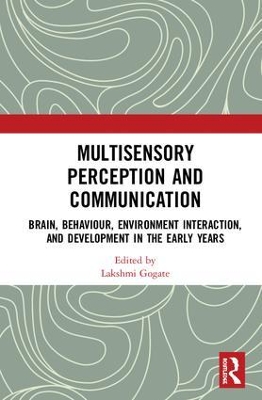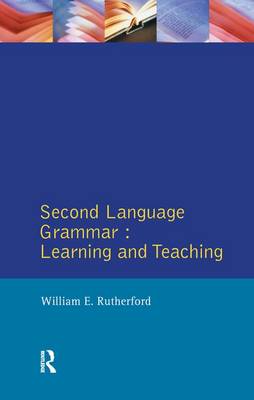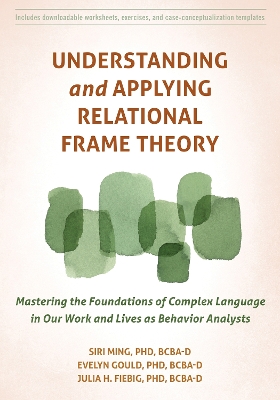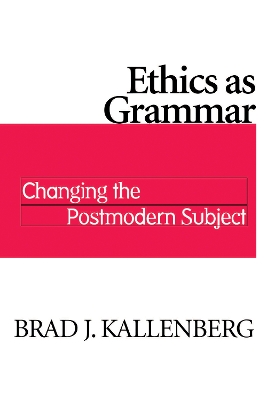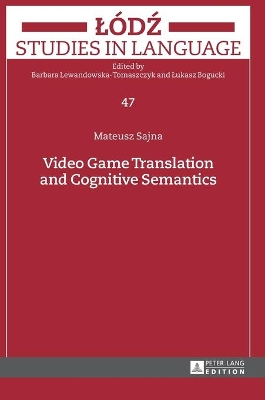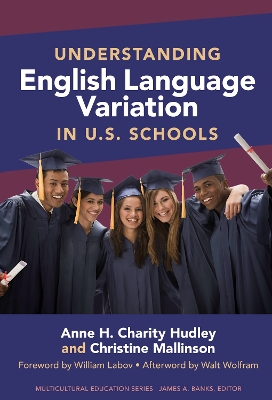Concepts and Categories (The Middle Range)
by Michael T. Hannan, Gael Le Mens, Greta Hsu, Balazs Kovacs, Giacomo Negro, Laszlo Polos, Elizabeth Pontikes, and Amanda J. Sharkey
Why do people like books, music, or movies that adhere consistently to genre conventions? Why is it hard for politicians to take positions that cross ideological boundaries? Why do we have dramatically different expectations of companies that are categorized as social media platforms as opposed to news media sites? The answers to these questions require an understanding of how people use basic concepts in their everyday lives to give meaning to objects, other people, and social situations and ac...
Is it in our nature to be altruistic, or evil, to make art, use tools, or create language? Is it in our nature to think in any particular way? For Daniel L. Everett, the answer is a resounding no: it isn't in our nature to do any of these things because human nature does not exist at least not as we usually think of it. Flying in the face of major trends in Evolutionary Psychology and related fields, he offers a provocative and compelling argument in this book that the only thing humans are hard...
The scientific consensus is that our ability to understand human speech has evolved over hundreds of thousands of years. After all, there are whole portions of the brain devoted to human speech. We learn to understand speech before we can even walk, and can seamlessly absorb enormous amounts of information simply by hearing it. Surely we evolved this capability over thousands of generations. Or did we? Portions of the human brain are also devoted to reading. Children learn to read at a very you...
Multisensory Perception and Communication
Infants learn to communicate through everyday social interaction with their caregivers in a multisensory world involving sight, hearing, touch and smell. The neural and behavioural underpinnings of caregiver-infant multisensory interaction and communication, however, have remained largely unexplored in research across disciplines. This book highlights this largely uncharted territory to better understand the developmental origins of human multisensory perception and communication. It emphasize...
Second Language Grammar (Applied Linguistics and Language Study)
by William E. Rutherford
The thrust of the book is not so much upon the formation of grammatical constructs but rather upon the shape of the grammatical system and its relation to semantics, discourse and pragmatics.
An Introduction to Psycholinguistics
by Danny D. Steinberg and Natalia V. Sciarini
Learning About Language is an exciting and ambitious series of introductions to fundamental topics in language, linguistics and related areas. The books are designed for students of linguistics and those who are studying language as part of a wider course. An Introduction to Psycholinguistics examines the psychology of language as it relates to learning, mind and brain as well as to aspects of society and culture. How do we learn to speak and to understand speech? Is language unique to humans? D...
Understanding and Applying Relational Frame Theory
by Siri Ming, Julia Fiebig, and Evelyn Gould
A comprehensive treatise on how to understand complex language, and use language effectively as a behavior analyst. Language changes everything. From infancy through adulthood, language shapes our behavior, and in turn our language shapes others' behavior, in an increasingly complex web. Perspective taking skills influence how we use language, and how we make connections to others in our work and in our social circles. A comprehensive understanding of complex language is therefore critica...
This warm, wise exploration of female friendship from the #1 New York Times bestselling author of You Just Don’t Understand will help women lean into these powerful relationships. A WASHINGTON POST NOTABLE BOOK • “Celebrates friendship in its frustrations and its rewards and, above all, its wonderful complexity.”—The Atlantic Best friend, old friend, good friend, bff, college roommate, neighbor, workplace confidante: Women’s friendships are a lifeline in times of trouble and a support system...
Wittgenstein, one of the most influential, and yet widely misunderstood, philosophers of our age, confronted his readers with aporias-linguistic puzzles-as a means of countering modern philosophical confusions over the nature of language without replicating the same confusions in his own writings. In Ethics as Grammar, Brad Kallenberg uses the writings of theological ethicist Stanley Hauerwas as a foil for demonstrating how Wittgenstein's method can become concrete within the Christian tradition...
Video Game Translation and Cognitive Semantics (Lodz Studies in Language, #47)
by Mateusz Sajna
The book concentrates on video game translation from the perspective of cognitive semantics. One of its objectives is to assert that translators’ knowledge of cognitive semantics can affect translation, i.e. decoding the sender’s mental states and evoking particular mental states in the target language recipient. The work is interdisciplinary and draws on such fields as games studies, cognitive semantics, and translation studies. It also aspires to complete gaps in the scientific research on vid...
Understanding English Language Variation in U.S. Schools
by Anne H. Charity Hudley and Christine Mallinson
In today's culturally diverse classrooms, students possess and use many culturally, ethnically, and regionally diverse English language varieties that may differ from standardized English. This book helps classroom teachers become attuned to these differences and offers practical strategies to support student achievement while fostering positive language attitudes in classrooms and beyond. The text contrasts standardized varieties of English with Southern, Appalachian, and African American Engli...
